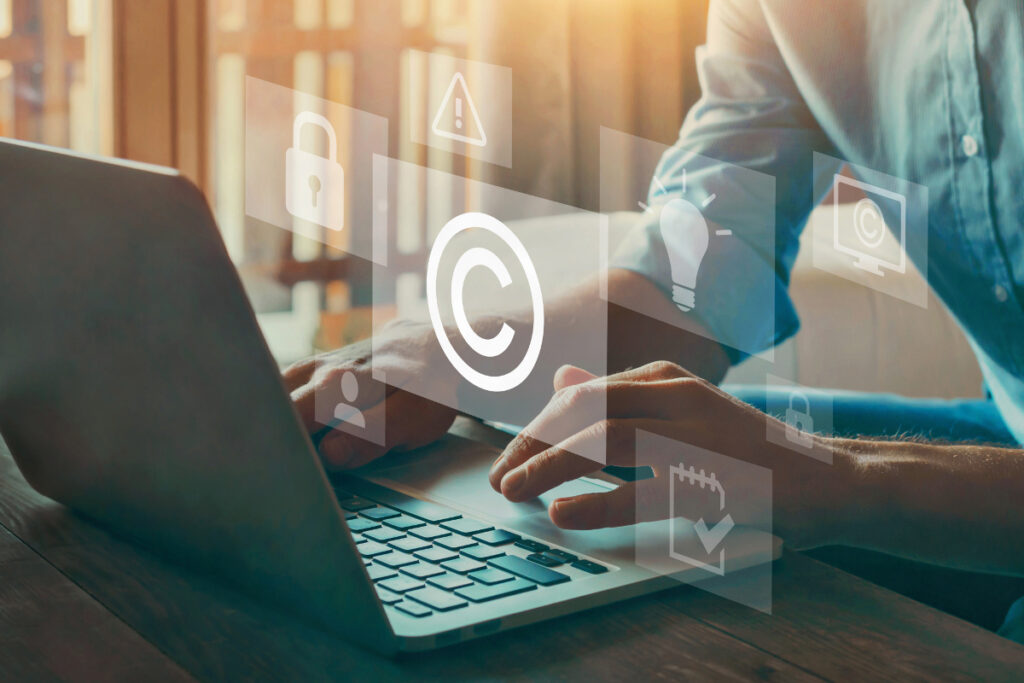With the fast adoption of machine learning (ML) and artificial intelligence (AI) technologies, countries are examining their current laws when it comes to intellectual property or IP protection. Are these laws, as stated, enough to protect rights holders, or do they need to be revised? One possible complication is that not all countries are taking the same approach.
The U.S and U.K., for example, have differing copyright protections for creative works that were made with AI/ML systems. They also differ in their copyright infringement exemptions for AI/ML automated processes.
In the U.K., computer-generated works that do not have a human author are granted copyright protection for up to 50 years, but this is not the case in the U.S. The U.K. also allows copyrighted works to be copied for automated processes, such as for the training of an AI/ML system for text or data mining, so long as it’s a lawful purpose and through lawful access. The U.S. does not have that specific protection, although it may be considered “fair use.”
These significant differences in the law may affect where a company decides to conduct its business activities and make AI/ML investments.
Computer-Generated Work Copyright Protection
In the U.S., if a computer-generated work was not authored by a human, it does not get copyright protection. A decision by the U.S. Copyright Office’s Review Board confirmed that an AI system was not able to meet the law’s requirements of a human author for the purpose of being copyrighted. In the UK, copyright protection is available for fully computer-generated artistic, music, literary or dramatic works—making it one of only a few countries that provide that protection.
Exemptions from Copyright Infringement for Automated Computer Processes
Currently in the U.S., copying a copyrighted work for an automated process, such as AI/ML system training, is strictly prohibited and may be considered copyright infringement. This type of use may, under 17 U.S.C. § 107, be considered fair use, but this must be decided in court and relies on four factors, including the purpose, nature of the work and how it affects the potential market. In the U.K., settled law allows text/data mining operations to be exempt from copyright laws.
The lack of clear rules in the U.S. may have legal implications for AI companies operating in this country.
JD Supra – 8 September 2022 – Jennifer Maisel (Rothwell, Figg, Ernst & Manbeck, P.C.

